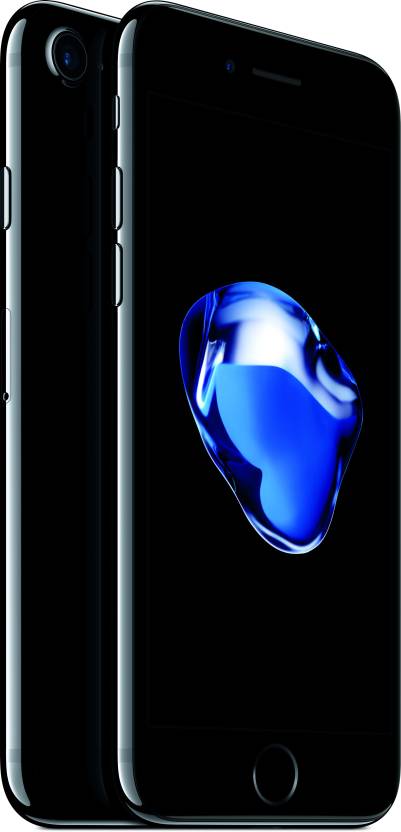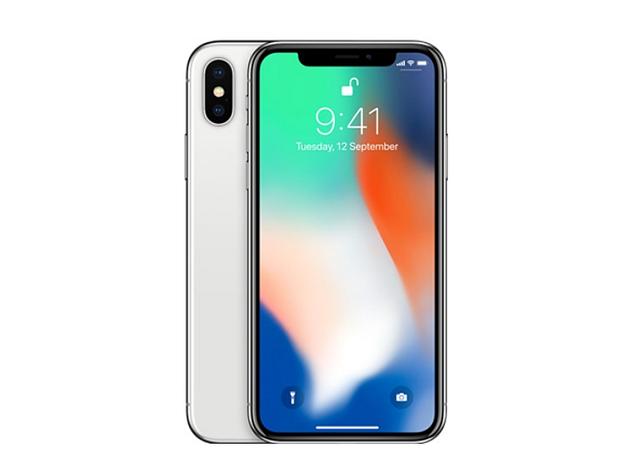Cupertino-based tech giant Apple is currently providing Rs. 3,900 credit to customers. It is for customers who paid for a battery replacement for iPhone 6, or later models. The iPhone battery replacement credit facilitates replacements at any Apple authorized service locations from 1st January 2017 to 28th January 2018.

iPhone Battery Replacement Credit
Apple stated that it would notify eligible customer for refunds through email from 23rd May 2018 to July 2018. The email would mention the process of obtaining the iPhone battery replacement credit. The cash will be sent through electronic transfer or a credit on the credit card used to pay for the service. People can also contact Apple directly about their eligibility. Proof of service is also needed.
The company noted that it would not offer iPhone battery replacement credit if it was done within the warranty period. The handsets which are covered are iPhone 6, iPhone 6 Plus, iPhone 6s, iPhone 6s Plus, iPhone 7, iPhone 7 Plus, iPhone SE, iPhone 8, iPhone 8 Plus, iPhone X.
Older models are not covered under the iPhone battery replacement credit procedure.
The company is doing this after its ‘Battery Gate’ scandal. It was accused of messing around with speed of old iPhones with old batteries. The company has also admitted to these accusations. Many users have also filed a class action suit against the company. After the incident, the company brought down the price of an out-of-warranty iPhone battery by $50 from $79 to $29 worldwide. In India, it has been brought down to Rs. 2000 from Rs. 5990.
Other Apple Developments
The company is also expected to launch iPhone X and iPhone 9 in 2018. According to a Bloomberg LP report, the iPhone A12 chip which will be at the core of the handsets is currently in the process of mass production. The iPhone A12 chip is speculated to be faster and smaller than previous generation chips. Moreover, it is a 7-nanometer designed chip from Taiwanese company TSMC. The smaller package enables the chip to be more energy efficient against the 10nm A11 Bionic chip present in the iPhone X, iPhone 8 and iPhone 8 Plus.
There has been a jump in speed and tasking when shifting handsets with 12nm to 10nm chips over a year ago.







